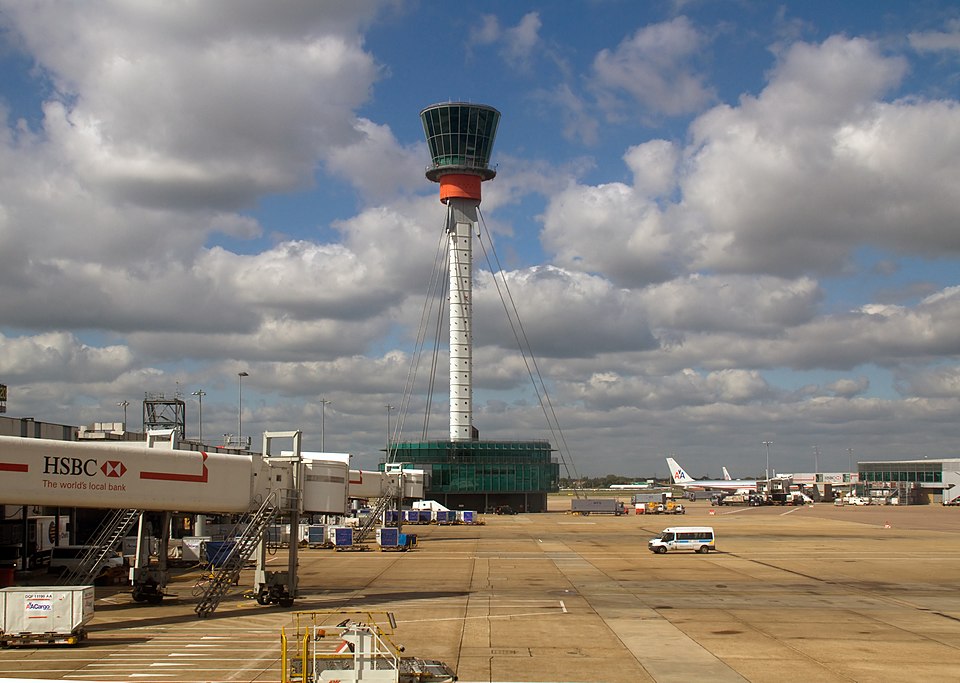
A new chapter in the Heathrow Airport expansion saga has begun as billionaire hotel and property tycoon Surinder Arora revealed a £25 billion alternative proposal through his company, the
Arora Group.
The company’s “Heathrow West” plan challenges the airport’s official expansion scheme by offering a shorter, 1.7-mile runway—compared to Heathrow’s proposed 2.17-mile one—and a new terminal. The key advantage: avoiding the need to divert the M25 motorway, a major sticking point in Heathrow's plan.
Arora Group claims their design would lead to faster delivery, lower costs, and reduced environmental impact. Despite the shorter runway, they state it would accommodate aircraft of all sizes.
Heathrow has acknowledged the alternative and is now open to the possibility of a shorter runway. This marks the first time competing bids have been considered for the third runway project.
Expansion plans and costs
Heathrow’s most recent plan, submitted just yesterday, estimates the third runway alone will cost around £21 billion, with an additional £28 billion to upgrade terminals and infrastructure—bringing the total to £49 billion. It would require moving the M25 into a tunnel beneath the new runway. The proposal includes a new T5XW and T5XN terminal complex, expansion of Terminal 2, and demolition of Terminals 1 and 3.
CEO Thomas Woldbye stressed the urgency of the project:
“We are effectively operating at capacity to the detriment of trade and connectivity… It is time to clear the way for take-off.”
The Arora Group plan envisions the new runway being operational by 2035, with terminal development completed in phases through 2040. The government has invited proposals from all parties, ending Heathrow’s historical monopoly on expansion bids.
Public and political pushback
Despite progress, the expansion faces strong opposition. Up to 700 buildings may be demolished, affecting residents and businesses. Critics argue the plan will lead to increased emissions and question the environmental viability.
Mayor of London Sadiq Khan also reaffirmed his opposition, citing concerns over noise, air pollution, and climate commitments.
The government maintains the project can be made compatible with the UK’s carbon reduction goals through emissions offsetting. Photo by Tony Hisgett from Birmingham, UK, Wikimedia commons.




































